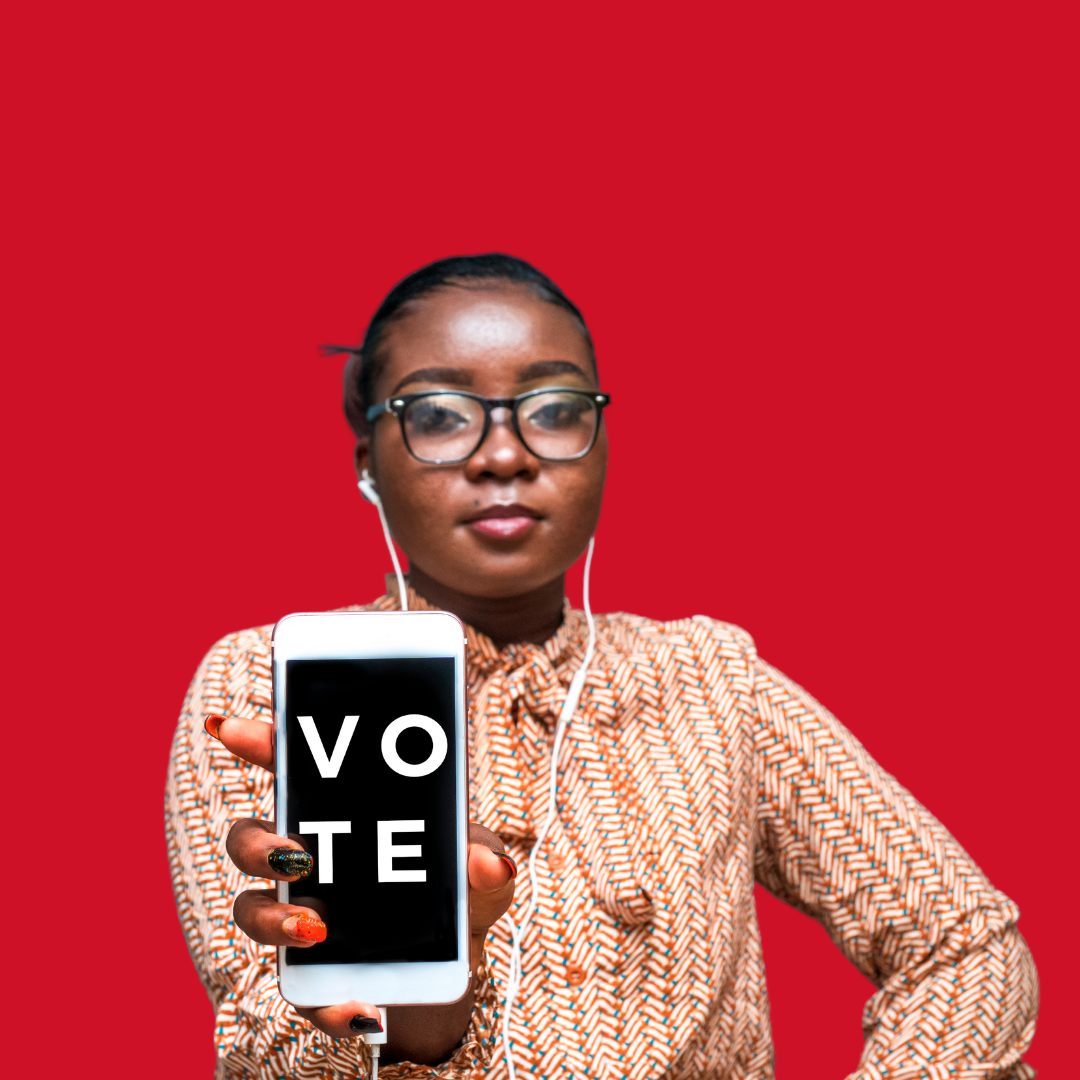- Ndapwa Alweendo
The results are in – Namibians are ready to cast their ballots in November’s Presidential and National Assembly elections. While voter registration has been a concern in past elections, 91 percent of eligible voters registered in the two month window. While this news is certainly heartening, the real uphill battle begins now.
It is notable that, at present, none of the political parties contesting these elections have released a manifesto. Of the presidential candidates, only Ally Angula (an independent candidate) has released ‘policy cards’ outlining her proposed strategies. It is, quite frankly, shocking that political leaders have begun vying for votes without telling the electorate what they would be voting for. Beyond poor planning, this opens the potential for campaigning based on empty promises. By campaigning without laying out their plans and promises to address things like unemployment, corruption, the environment, or gender based violence, candidates and parties are effectively asking Namibians to vote with their gut.
The vacuum where manifestos should be also allows candidates and parties to put off taking a public stance on several issues, such as the recent changes to legislation and the resulting backlash against vulnerable Namibians in the LGBTQIA+ community. Leaders from various political parties have publicly commented on these developments, either taking a stance against the decriminalisation of sodomy or, at the very least, noting that Namibia’s Christian values prevent them from supporting the legal amendment.
Putting aside the fact that Namibia is a secular state, there is another troubling aspect to parties’ failure to make their policies clear while publicly denouncing steps taken to prevent all Namibians from discrimination. In recent years, public intolerance for members of the LGBTQIA+ community has been on the rise, and have arguably contributed to more discrimination. The legal frameworks around sex and gender have been in the media since May of last year, but the debate around who deserves human rights could have more of an impact than most Namibians know. Debates on crucial pieces of legislation such as the Divorce Bill are being delayed by parliamentarians determined to prevent same-sex couple to marry – despite the fact that same-sex marriage is not and has not been legal in Namibia. In the meantime, vulnerable people in unhealthy or abusive marriages trying to access divorce continue to be met with long delays and high costs.
More generally, the fact that politicians are confidently proposing opposing the Constitution to overturn the 2023 Supreme Court ruling is alarming. The justification given for this is to ensure that our laws reflect the alleged majority views in the country. Leaning on so-called ‘public opinion’ is a faulty strategy – what if public opinion about a certain religion or group of people shifted in the future? Would we accept new laws preventing marriage between people of different faiths? Would we accept laws that propose that only some disabilities be recognised? Would we accept laws reinstating racial discrimination in the workplace? How would you, as a voter today with many different identities, guarantee that the tide of public opinion never shifted against you?
No matter what the majority thinks, people’s rights cannot be taken away. The Constitution states that clearly: any amendments that attempt to take away the fundamental human rights promised to all is invalid, and will have no effect. Trying to ‘un-do’ legal changes that protect the right to privacy and dignity for people (even people you dislike) seems a poor use of energy considering all the problems Namibians face today.
There is more at stake here than who can get married, or how people have sex. For all of our sakes, we must identify the leaders who are prepared to protect all existing human rights and continue the work of their predecessors by uncovering and challenging all forms of discrimination. If their effort is reserved for people of whom they approve, in the future no one can rely on their human rights being protected.
Here are the questions we need to ask ourselves before we go to the polls. Are we looking for leaders brave enough to stand up for anyone whose human rights are at risk? Are we able to tolerate and embrace our differences, secure in the knowledge that we are all protected? Are we looking for leaders who know how important it is to protect the Constitution? Or are we looking for leaders who have not clarified their stance on real concerns in a manifesto, but have the time and energy to create discrimination?
Image credit: Hildegard Titus




